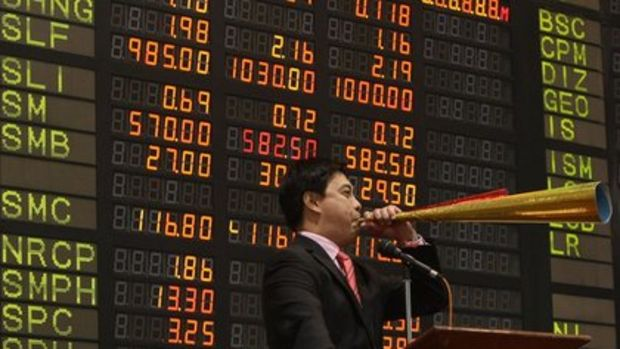Asian stock markets dominated by red
The Chinese and Hong Kong dollars fell in broader Asian markets, with the Reserve Bank of Australia (RBA) keeping interest rates unchanged, in line with market expectations. While most Asia-Pacific markets fell, Chinese and Hong Kong stocks rose on Tuesday as authorities in the world’s second-largest economy took measures to stem a recent sell-off in stocks. The CSI 300 index and Hong Kong’s Hang Seng index both rose 2 percent. Mainland China’s CSI 300 index fell to five-year lows last week. That will guide institutional investors to enter the market with greater effort, China’s Securities and Regulatory Commission said. That comes at a time when a lack of targeted stimulus from Beijing is weighing on market sentiment. The Reserve Bank of Australia (RBA) left interest rates unchanged, in line with market expectations, citing continued easing inflation. Household spending in Japan fell more than expected, falling 2.5 percent year-on-year in December, compared with economists’ expectations of 2.1 percent. Average monthly income per household in December was 1,099,805 yen, down 4.4 percent in nominal terms and 7.2 percent in real terms from a year earlier. The Bank of Japan said sustained wage increases were a precondition for easing its ultra-loose monetary policy. In Australia, the S&P/ASX 200 fell 0.5 percent ahead of the RBA decision, extending losses from Monday. The Australian dollar strengthened slightly against the U.S. dollar. In Japan, the Nikkei 225 lost 0.7 percent, while the Topix lost a bigger 0.8 percent. South Korea’s Kospi reversed earlier gains, shedding 0.5 percent, while the small-cap Kosdaq lost 0.7 percent.


